

Solo Travel Tips for Women Traveling Alone this Season
Summary
Empower your solo travel adventures with these key tips for women: prioritize safety by sharing your itinerary with trusted contacts and staying aware of your surroundings. Opt for accommodations with positive reviews from other solo travelers. Embrace local culture respectfully and try to blend in to avoid unwanted attention. Keep valuables secure and travel insurance up to date. Most importantly, trust your instincts and enjoy the freedom and personal growth that solo travel brings.
Reflection Questions
Journal Prompt
In recent years, solo travel for women has become more common, marking a shift towards empowerment and self-exploration for women worldwide. So many women travelers love to go it alone, and this rise in solo travel among women underscores our growing desire for independence, inspiration, and boundless personal growth. However, it also brings unique challenges and considerations to the forefront. Traveling alone as a woman encapsulates a complex blend of liberation and vigilance, demanding a balance between the thrill of self-reliance and the need for safety and cultural awareness. In this article, we examine how women navigate these journeys, discussing strategies for safety, insights into diverse cultural encounters, and the transformative impact of solo travel on personal identity and autonomy. Whether you are embarking on your very first solo trip or you are a seasoned solo female traveler, read on for all of our top tips!
Choosing Your Destination as a Solo Traveler
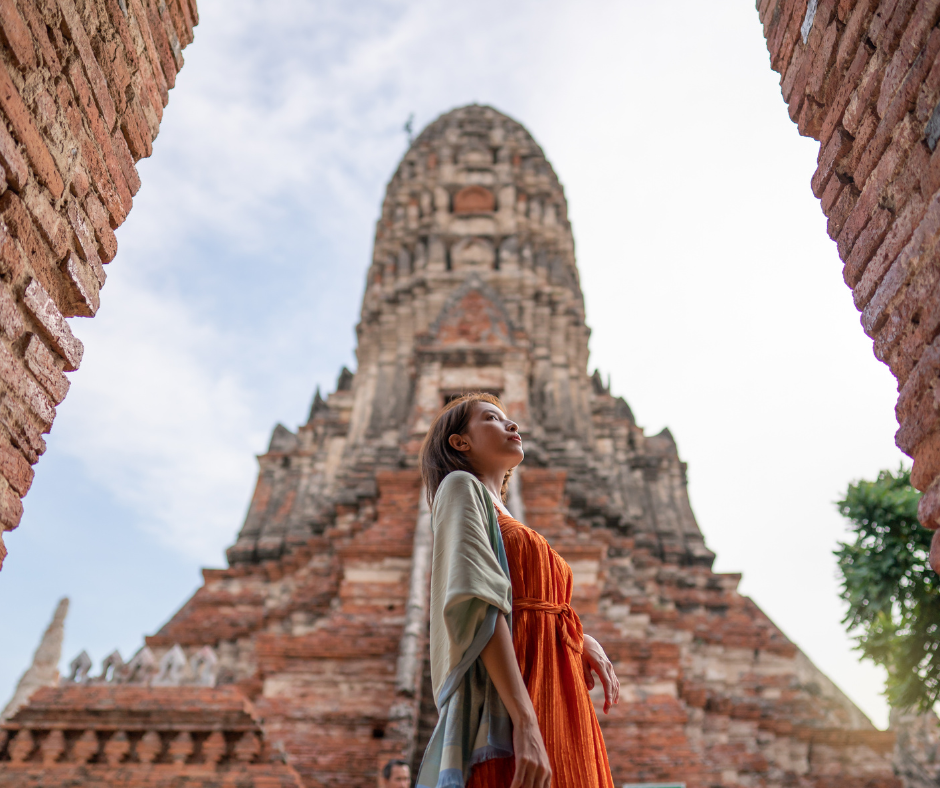

When selecting a destination for solo female travel, several key factors play a crucial role in ensuring a fulfilling and safe experience. Safety is paramount; researching the political stability, crime rates, and general safety for travelers, especially women, is essential. Cultural norms and attitudes towards women vary significantly across regions, impacting how a solo female traveler may be received and perceived. Understanding these norms can guide appropriate behavior and attire, helping to avoid cultural misunderstandings. Language is another important consideration. While navigating a place where English is not widely spoken can be challenging, it also offers an enriching opportunity for immersive cultural experiences. Familiarity with basic phrases or the use of translation apps can greatly ease communication barriers.
Common Destinations for Solo Female Travelers
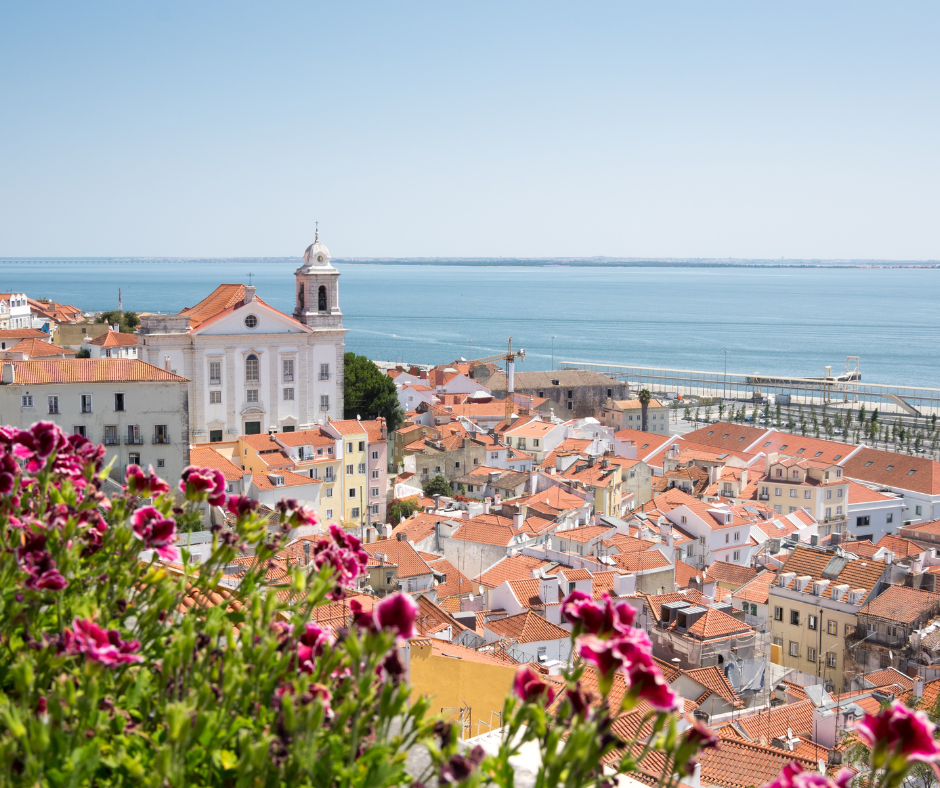

Certain destinations are particularly well-suited for solo female travelers, offering a blend of safety, cultural richness, and traveler-friendly environments. Countries like Japan and New Zealand are renowned for their high safety standards and welcoming attitude towards tourists. Scandinavian countries, such as Denmark and Sweden, also offer a safe and egalitarian environment for solo female travelers.
For those seeking a blend of culture and adventure, Spain and Portugal provide a warm climate, rich history, and relatively safe surroundings. Additionally, Canada and Australia are popular for their diverse landscapes, friendly locals, and ease of communication for English speakers. Each of these destinations provides a supportive backdrop for women embarking on solo travel, offering memorable experiences while prioritizing safety and comfort.
In Africa, Botswana stands out for its stable political climate and progressive social values, making it a safe haven for solo female travelers, especially those enthralled by wildlife and natural parks. Namibia’s well-maintained roads and political stability also make it an ideal destination for those seeking adventure and nature. Morocco, while necessitating an understanding of local customs, offers solo female travelers a tapestry of rich cultural experiences in a relatively safe setting. The Seychelles, with its idyllic beaches and tranquil ambiance, present a serene getaway.
In South America, Chile is celebrated for its diverse landscapes and robust tourism sector, marking it as one of the continent’s safest destinations. Uruguay’s reputation as a safe country is complemented by its beautiful beaches and rich cultural offerings. Peru, home to the iconic Machu Picchu and rich Incan heritage, is a magnet for solo travelers, with cities like Cusco and Arequipa being particularly popular, though some rural areas may warrant additional caution.
Of course, the sociopolitical environments of countries all across the globe change frequently. It’s essential to rely on up-to-date information from respected sources.
Planning and Preparation
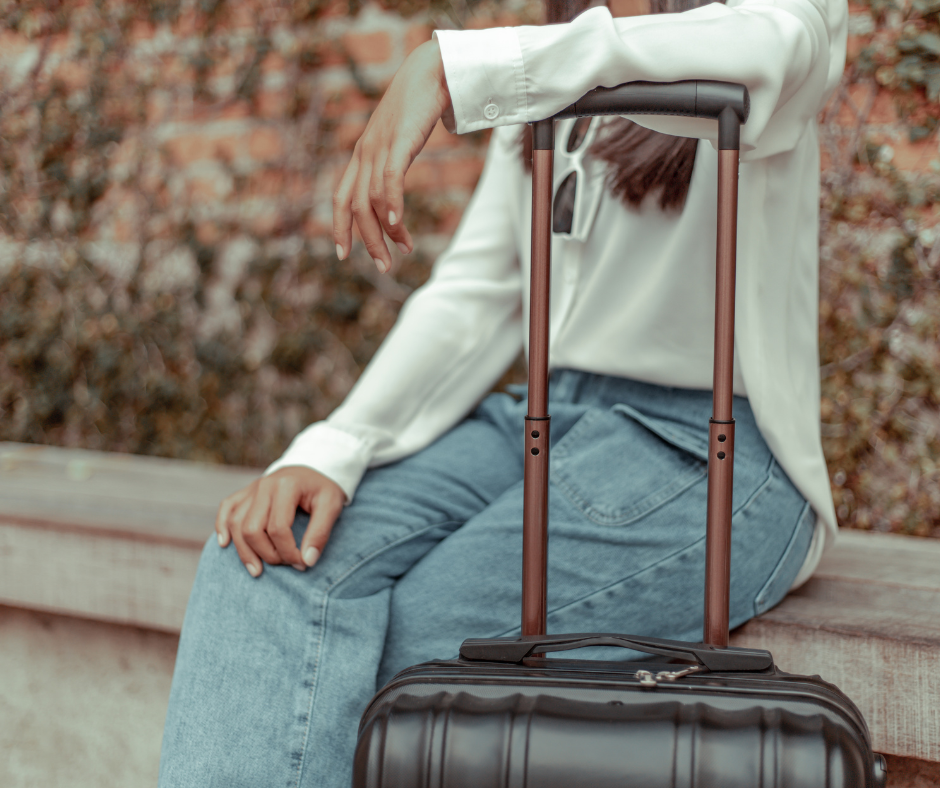

Effective planning for solo travel necessitates thorough research on the intended destination. This research should encompass an understanding of local laws and regulations to ensure compliance and avoid legal complications.
Familiarity with local customs and etiquette is equally important, as it facilitates respectful interactions and deeper cultural immersion. Additionally, a comprehensive assessment of safety concerns is crucial. This includes staying updated on travel advisories, understanding prevalent safety issues in specific areas, and identifying reliable sources of assistance, such as local embassies or consulates.
Such diligent research lays the groundwork for a well-informed and secure travel experience.
Fuel your creative fire & be a part of a supportive community that values how you love to live.
subscribe to our newsletter
Essential Documents
Managing essential documents is a fundamental aspect of travel preparation. A valid passport is the most critical requirement for international travel, and it should have sufficient validity beyond the planned return date.
Securing the appropriate visas is also necessary, depending on the destination and the traveler’s nationality. Visa requirements vary widely and can be subject to change, so timely research and application are advisable.
Additionally, securing comprehensive travel insurance is imperative. This insurance should cover medical emergencies, trip cancellations, lost luggage, and other unforeseen circumstances.
Keeping digital copies of these documents in a secure but accessible online storage is also recommended as a backup.
Packing Essentials for Solo Travel
Packing for solo travel demands thoughtful consideration, balancing the need for preparedness with the practicality of carrying less. Safety tools, such as personal alarms, door locks, and flashlights, are important, especially for women traveling alone.
It’s also advisable to include a basic first-aid kit and any necessary prescription medications. Clothing choices should align not only with the climate and activities planned but also with local cultural norms, especially in more conservative regions. Additionally, versatile and comfortable footwear is essential for extensive walking or hiking.
For organizational ease and security, a sturdy backpack or suitcase, a daypack for excursions, and a money belt or hidden pouch for valuables are recommended.
Prioritizing Safety While Traveling Solo
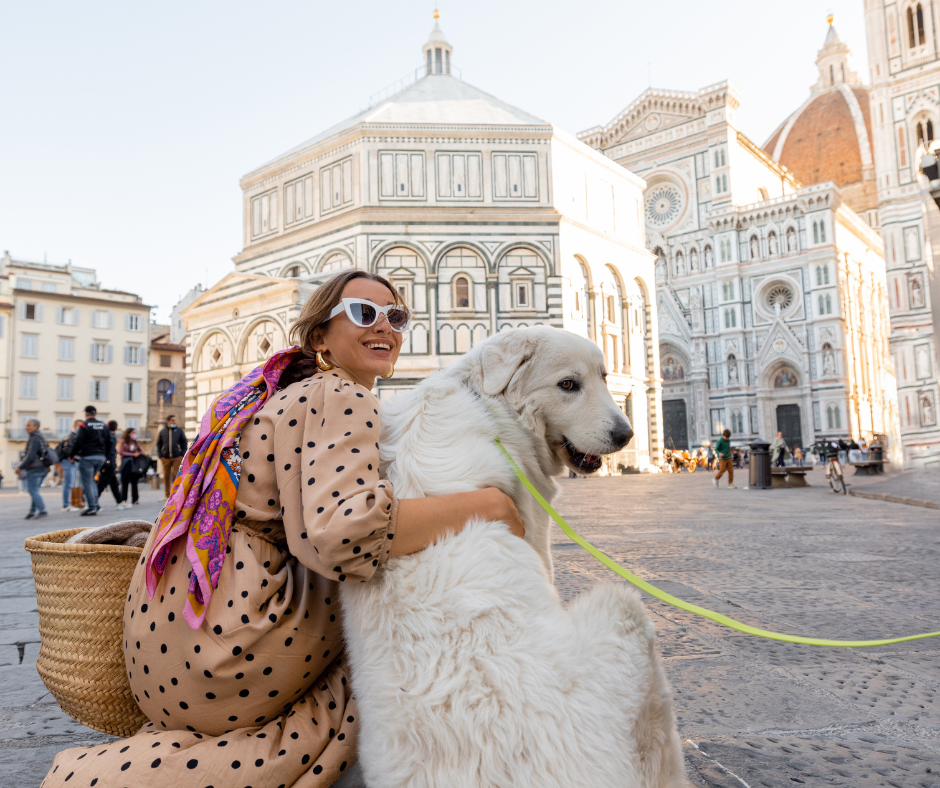

For solo female travelers, personal safety is of paramount importance. A key aspect of ensuring safety is maintaining a high level of awareness of one’s surroundings. This includes being vigilant in crowded places, avoiding isolated areas, especially after dark, and being cautious when interacting with strangers.
It’s also advisable to research and understand the common risks associated with the destination, such as prevalent scams or areas known for higher crime rates. Trusting one’s intuition is crucial; if a situation feels unsafe, it’s important to leave immediately. Additionally, learning basic self-defense or carrying a personal safety alarm can provide an added layer of security.
Staying Connected
Staying connected is a vital safety strategy for solo travelers. This involves ensuring that emergency contacts are kept informed about travel plans and any changes to the itinerary. Travelers should have a list of emergency contacts, including local emergency services and the nearest embassy or consulate.
Sharing a detailed itinerary with friends or family members, including accommodation details and transport plans, ensures that someone is always aware of the traveler’s whereabouts. Additionally, regular check-ins via phone, text, or email can provide both the traveler and their loved ones with peace of mind.
Health Precautions
Health precautions are a critical part of travel preparation, especially when traveling solo. Ensuring that all necessary vaccinations are up to date is essential, and it may be necessary to receive specific vaccinations or medications based on the travel destination.
Carrying a well-stocked medical kit is also important, including items such as band-aids, antiseptic wipes, pain relievers, and any personal medications. Furthermore, securing comprehensive travel insurance that covers medical emergencies is indispensable.
This insurance can provide crucial support in the event of illness or injury, covering costs that can otherwise be prohibitively expensive, especially in foreign countries.
Seeking Safe Accommodations


When selecting accommodations as a solo female traveler, prioritizing safety and reliability is essential. Hotels, hostels, and homestays each offer different experiences and levels of security. Hotels typically provide more privacy and security, with staff available 24/7 and secure room access.
Hostels are a budget-friendly option and offer a social atmosphere, but it’s important to choose ones with good security measures like lockers and keycard access. Homestays can provide a more authentic local experience and may offer a sense of safety in being part of a household.
Regardless of the type, it’s crucial to choose establishments that have a strong reputation for safety and are specifically known to be welcoming and safe for solo female travelers.
Importance of Location and Reviews
The location of accommodation is a critical factor in ensuring safety and convenience. Staying in a well-lit, centrally-located area that is close to public transport, tourist attractions, and amenities can greatly enhance security and ease of access.
Additionally, researching and reading reviews from previous guests, especially other solo female travelers, can provide valuable insights into the safety and quality of the accommodation. Reviews can often highlight aspects not evident in official descriptions, such as the neighborhood’s safety at night, the helpfulness of the staff, and the overall atmosphere of the place.
Safety Features to Look for in Accommodations
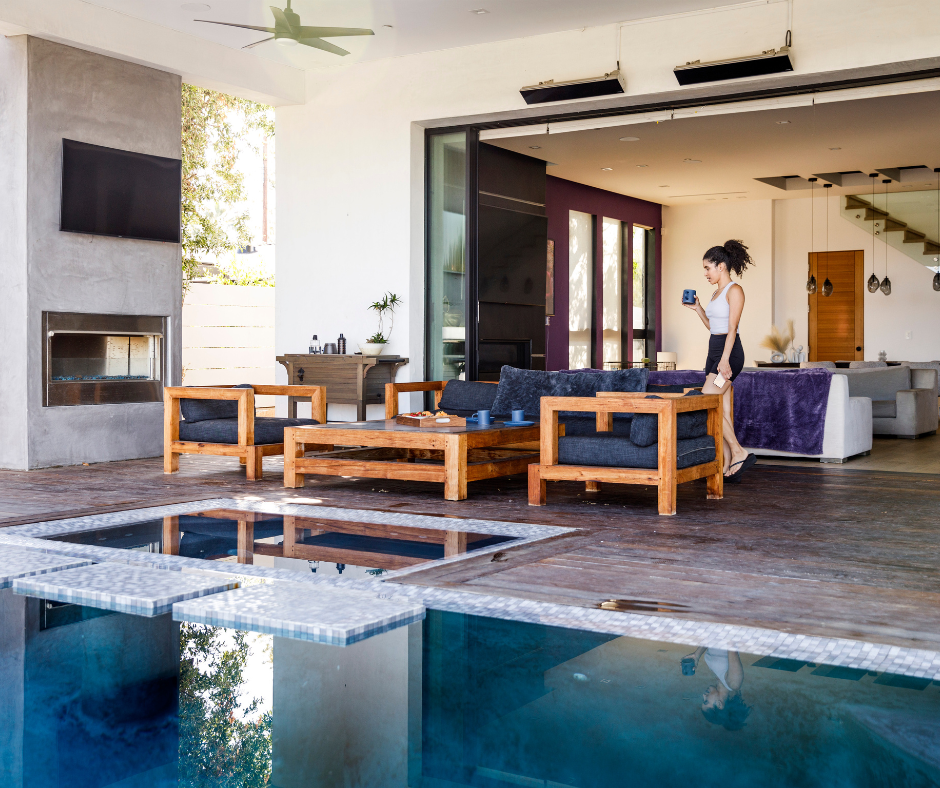

When evaluating accommodations, several safety features should be considered. Look for properties with a 24-hour front desk, as this ensures that assistance is always available. Secure locks on doors, safety deposit boxes in rooms, and the presence of security personnel are also important features.
In hostels, options for female-only dorms can offer additional safety and comfort. Checking for the availability of in-room phones or intercoms for emergency communication is also advisable. Additionally, it’s beneficial to verify if the accommodation provides clear emergency information, including evacuation routes and local emergency contact numbers.
Transportation Tips for Female Solo Travelers
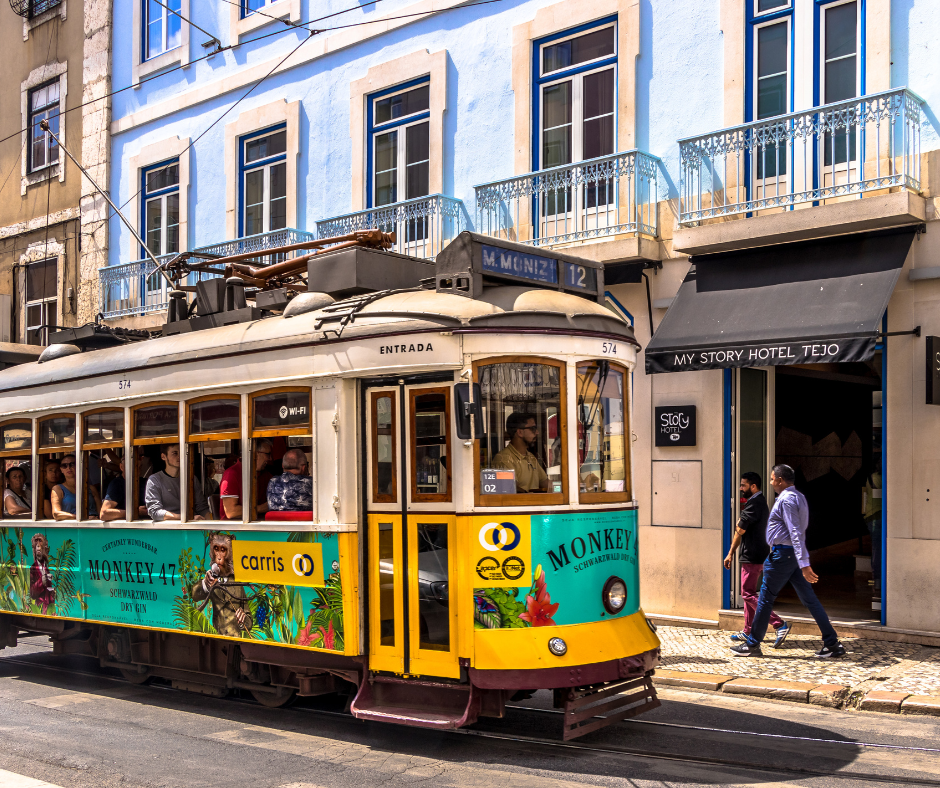

When traversing airports and using public transport, solo female travelers should exercise vigilance and strategic planning. In airports, it’s advisable to minimize time spent in less crowded areas and to stay aware of personal belongings at all times.
Using reputable public transportation systems can be a safe and efficient way to travel solo, but it requires familiarity with routes and schedules. Avoiding rush hours can lead to a more comfortable journey, and staying alert and aware of exits and emergency information is crucial.
In some destinations, opting for women-only carriages where available can enhance safety. Keeping a map or a transportation app handy can aid in navigation and prevent getting lost on solo trips.


are you a fine artist or photographer?
Tips for Hiring Taxis or Using Rideshare Services
When hiring taxis or using rideshare services, there are specific precautions that can safeguard solo female travelers. It is important to use licensed and reputable taxi services, ideally booked through a hotel or a recognized app.
Before entering the vehicle, check that the taxi matches the details provided by the service, including the license plate number and driver’s identity. Sharing the taxi or rideshare details with someone trustworthy is a prudent practice.
Avoid sharing personal information with the driver and prefer to sit in the back seat for additional safety. Using GPS to track the route and ensuring the driver sticks to main roads can also provide an additional layer of security.
Renting Cars and Driving in a Foreign Country
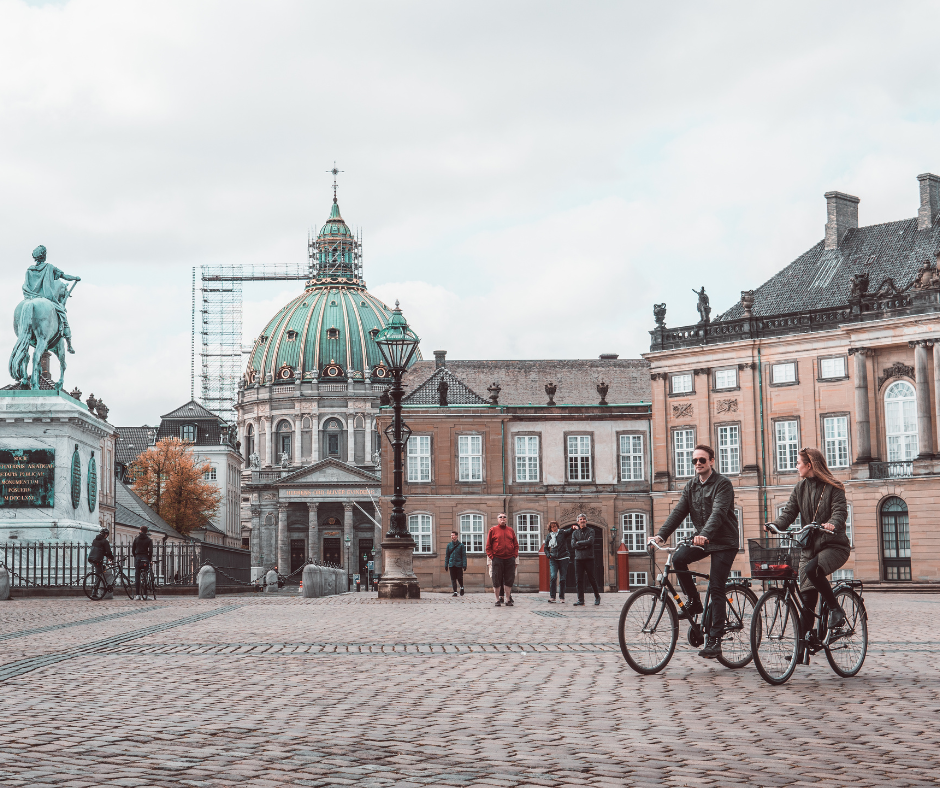

Renting a car and driving in a foreign country offers independence and flexibility but comes with its own set of challenges. It’s essential to be well-informed about local driving laws, road conditions, and customs.
Ensuring a valid driver’s license, along with any necessary international permits, is a prerequisite. Choosing a reliable rental company and opting for a car with modern safety features and GPS can enhance the driving experience.
It’s advisable to plan routes in advance, avoid driving in unfamiliar areas at night, and always park in well-lit, secure areas. Keeping emergency contact numbers and a basic toolkit in the car is also recommended for dealing with unexpected situations.
Making Connections While Traveling Solo
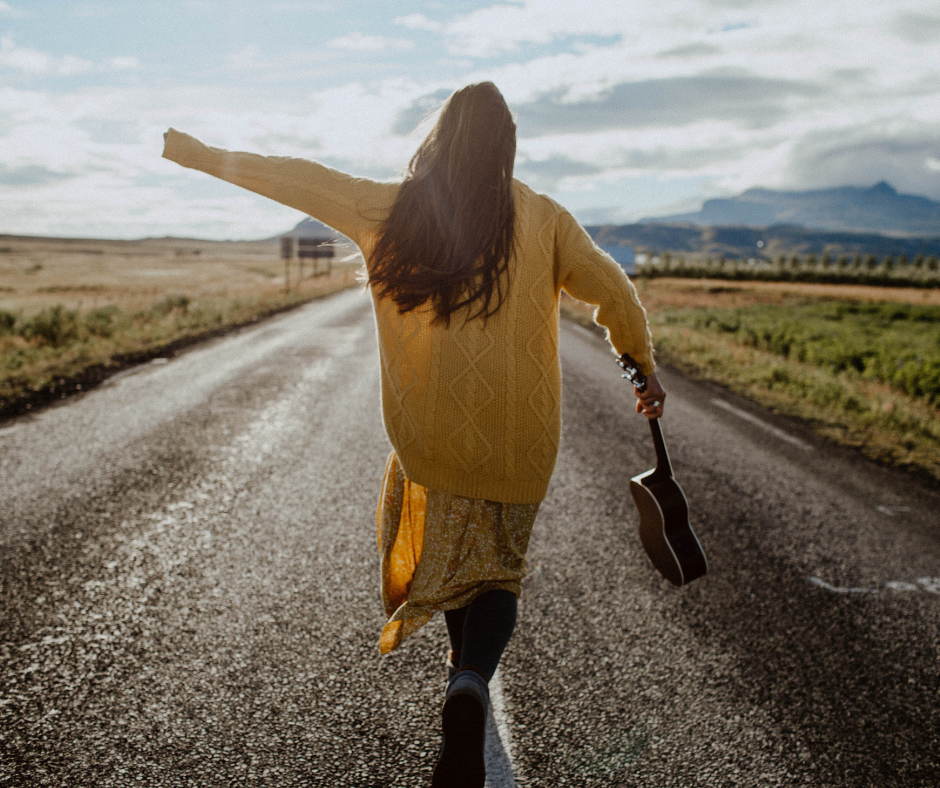

Forming connections with other women travelers and locals can enrich the solo travel experience for women travelers, but it should be approached with safety in mind. Participating in group tours or activities can provide a structured and secure environment for meeting others with similar interests.
When interacting with locals, it’s beneficial to choose public, well-populated places for meetings. Attending local events or workshops can also be a great way to engage with the community while maintaining a safety net.
It’s important to trust one’s instincts; if solo travelers feel uncomfortable, it’s prudent to leave that situation.
Using Social Media and Apps to Connect with Other Solo Travelers
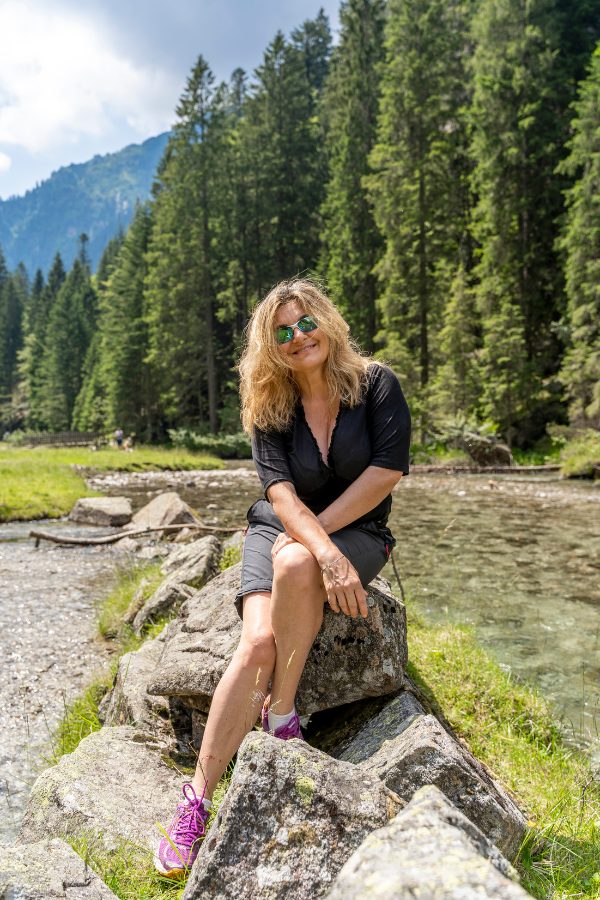

Social media and dedicated travel apps have become valuable tools for connecting solo travelers. Platforms like Meetup, Couchsurfing, or specific solo travel forums and groups on social media offer avenues to find like-minded individuals or local meet-ups.
Before meeting someone from these platforms, it’s wise to vet their profiles, look for verified users, and read reviews or references from other travelers. Always inform someone trustworthy about the meeting details and choose a public, well-known location for the first meeting.
These digital tools can create a sense of community and provide local insights, enhancing the solo travel experience.
Balancing Friendliness with Caution
While being friendly and open can lead to rewarding interactions and friendships during solo travels, it is crucial to balance this with caution. Personal safety should remain a priority; sharing too much personal information, such as accommodation details or extensive travel plans with new acquaintances, should be avoided.
It’s advisable to gradually build trust and get to know new connections in public settings before committing to more private or long-term engagements. Listening to intuition is key—if a situation or a person feels off, it’s important to trust that feeling. When women travel solo, balancing friendliness with a cautious approach allows for enjoyable and safe interactions while exploring new destinations.
Cultural Sensitivity and Respect
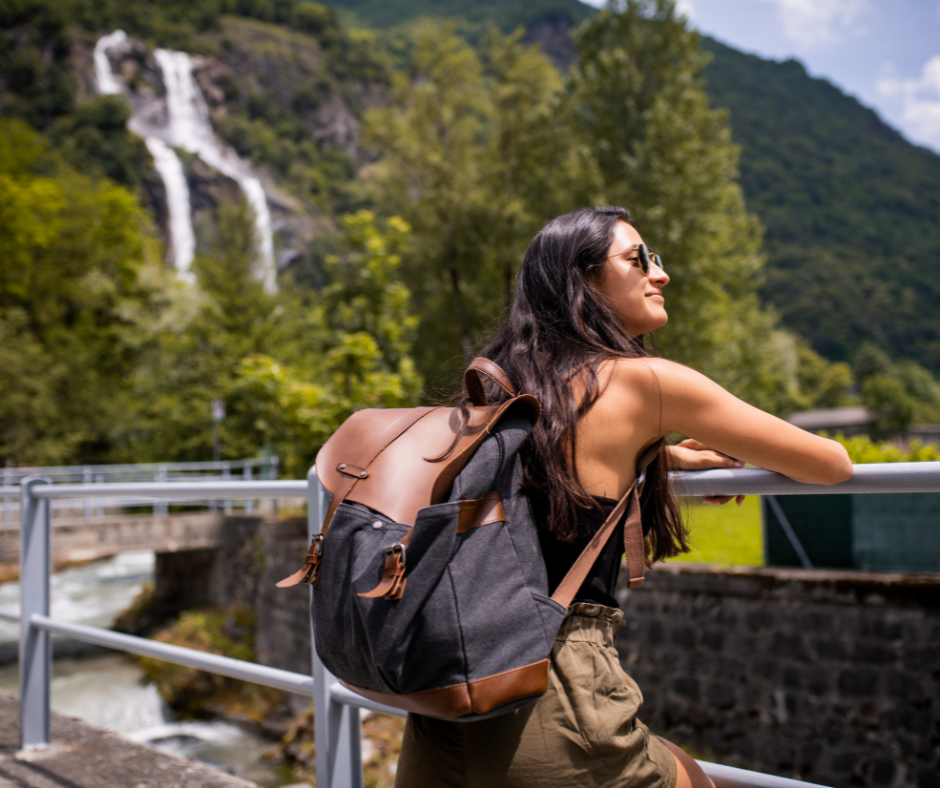

When traveling solo, particularly as a female not in your own country, it is essential to have a deep understanding and respect for the local customs and traditions of the destination. This involves prior research and an ongoing effort to observe and learn from the local populace.
Being culturally sensitive can range from simple gestures like the appropriate way to greet someone to understanding deeper societal norms and values. This respect for local customs not only ensures a more authentic and enriching travel experience but also helps in building mutual respect and reducing cultural misunderstandings.
Appropriate Dress and Behavior
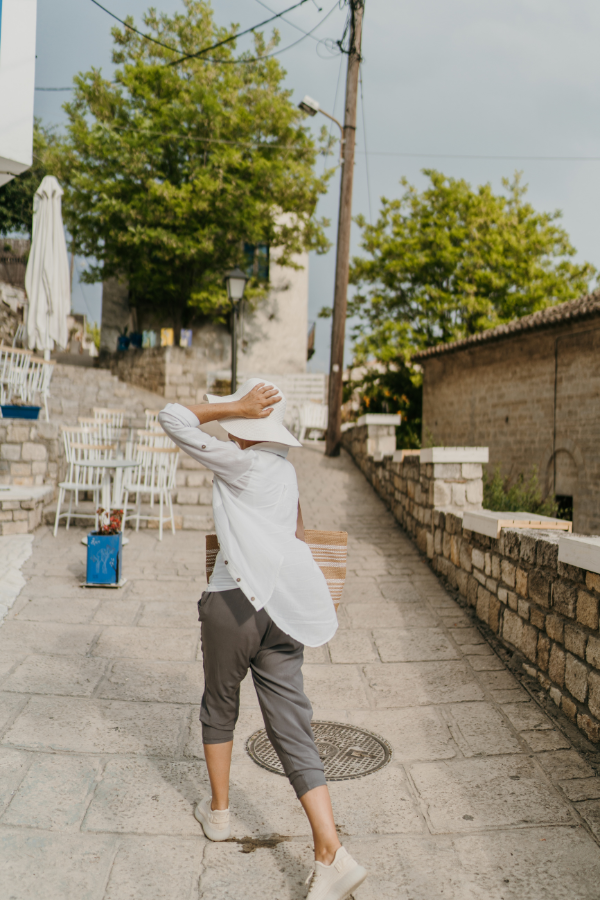

Adhering to local dress codes and behavior norms is a key aspect of cultural sensitivity. In many cultures, what is considered appropriate attire can vary greatly, and being aware of these nuances is important.
In some destinations, conservative dress might be expected, particularly in religious sites or traditional areas. Similarly, understanding and mirroring appropriate social behaviors – such as public displays of affection, dining etiquette, and general conduct – can significantly impact the quality of interactions with locals and the overall experience.
Being observant and adaptable to these cultural aspects is not only a sign of respect but also an essential part of safe and responsible travel.


are you a writer?
Communicating Effectively and Respectfully
Effective and respectful communication is vital when interacting in a new cultural setting. This involves not only the spoken language but also being mindful of non-verbal cues such as body language and social space.
Learning a few key phrases in the local language can greatly enhance communication and demonstrate respect for the culture. It’s important to listen actively and be patient in conversations, acknowledging that misunderstandings can occur due to language barriers.
Showing appreciation for local customs and expressing interest in learning about the culture can foster positive and respectful interactions. Effective communication in a new cultural context requires patience, openness, and a willingness to adapt and learn.
Embracing the Experience
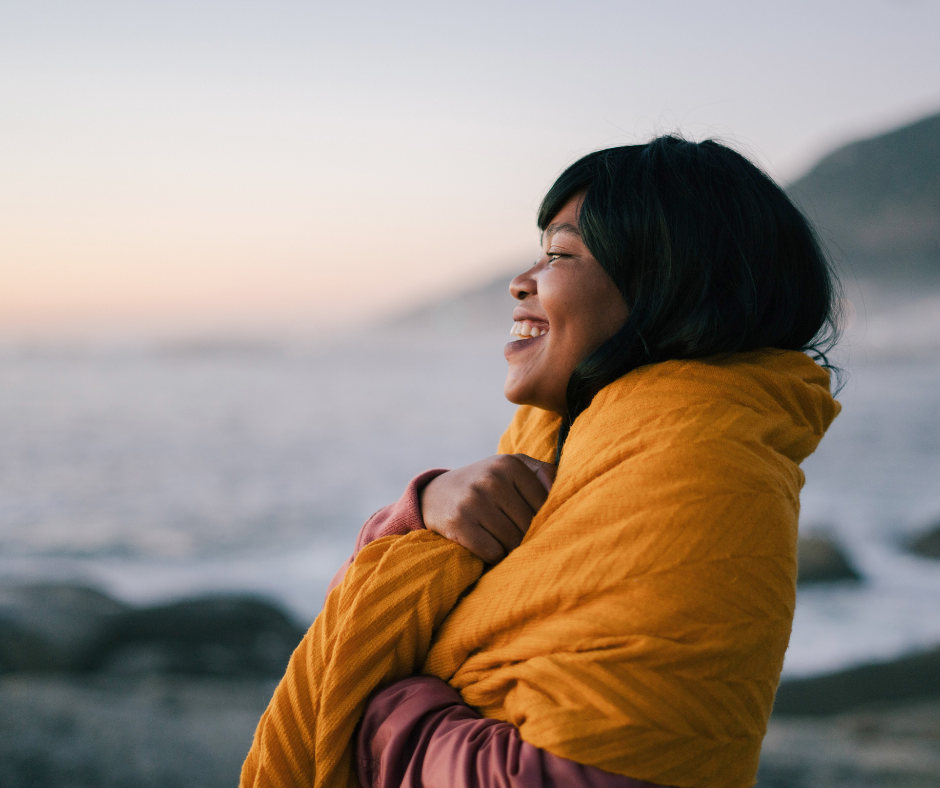

Solo travel, particularly for women, is an empowering experience that offers a unique blend of freedom, self-discovery, and personal growth. The joy of solo travel lies in its absolute independence, allowing travelers to make their own decisions and explore at their own pace.
This form of travel challenges individuals to step out of their comfort zones, leading to increased confidence and self-reliance. The empowerment gained through navigating new environments, solving unexpected problems, and meeting new people contributes to a deeper understanding of oneself and the world.
Solo women travelers enjoy transformative journeys filled with moments of introspection, adventure, and unforgettable memories.
Keeping a Travel Journal or Blog
Documenting experiences through a travel journal or blog can be a rewarding aspect of solo travel. Keeping a journal allows travelers to reflect on their experiences, capturing details that might otherwise be forgotten.
It can serve as a personal memoir of the journey, filled with stories, thoughts, and observations that provide deeper insights into the travel experience. Starting a blog is another way to share these experiences, connecting with a wider audience and possibly inspiring others to embark on their own solo adventures.
Whether it’s for personal reflection or sharing with others, documenting the journey enriches the travel experience and creates a lasting record of one’s adventures.
Staying Open to New Experiences While Being Cautious
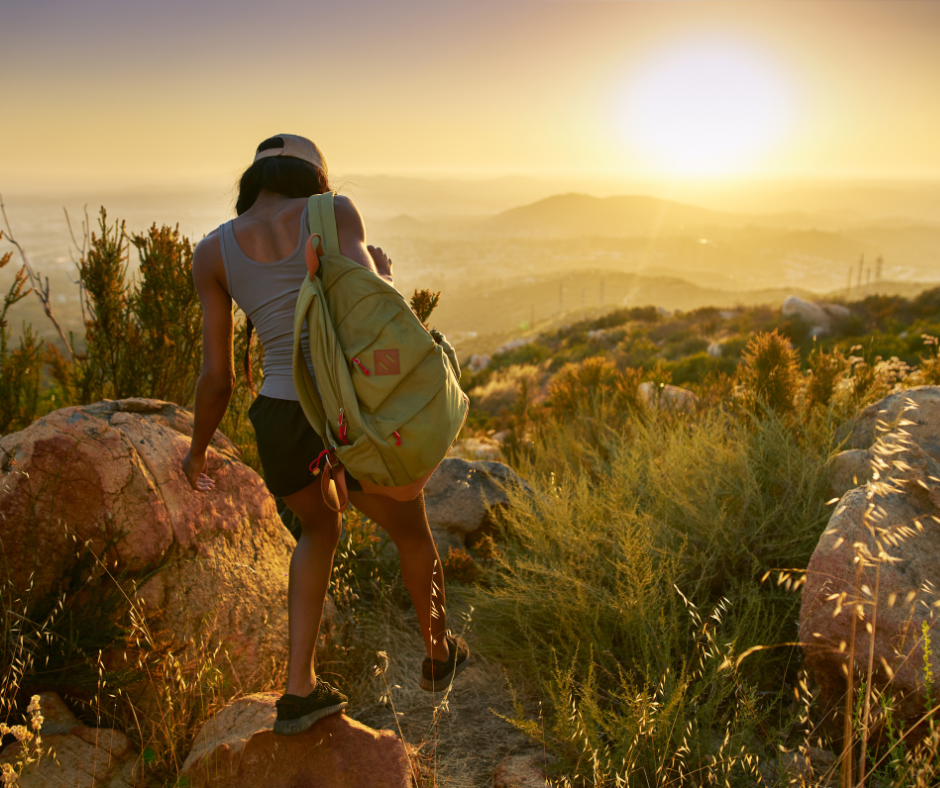

While embracing the spontaneity, active adventures, and new experiences that come with solo travel, maintaining a balance between openness and caution is crucial. Being open to new experiences allows travelers to fully immerse themselves in the culture and environment, leading to richer and more authentic experiences.
This might mean trying new foods, participating in local traditions, or making unplanned detours to explore the best destinations. However, it’s important that each woman traveling alone remains cautious and aware of personal safety, adhering to local customs and listening to intuition. This balance ensures that travelers can enjoy the full spectrum of experiences that solo travel offers while maintaining their safety and well-being.
Returning from the Amazing Places on Your Solo Trip
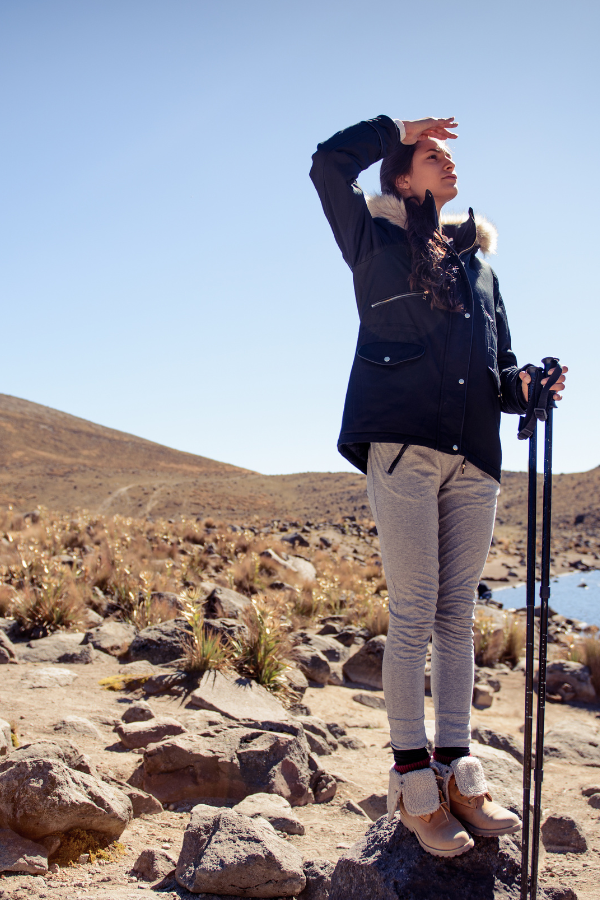

Returning home from solo travel presents a valuable opportunity for reflection. This process involves more than reminiscing about experiences; it’s an introspective journey where the traveler can assess the impact of their journey on personal growth and worldview.
Reflection allows for a deeper appreciation of the experiences gained, the challenges overcome, and the joys encountered. It’s a time to contemplate the new perspectives gained, the diverse cultures encountered, and the independence developed. This period of reflection solidifies the travel experience, turning fleeting moments into lasting insights and memories.
Sharing Your Story to Inspire Other Women


Sharing the story of your solo travel can be a powerful tool to inspire and empower other women. Through personal narratives, blogs, social media, or speaking engagements, solo female travelers can provide valuable insights and encouragement to others contemplating similar journeys.
Sharing both the highs and the challenges offers a realistic perspective of solo travel. It helps to demystify the experience for other women and encourages them to embrace their own adventures, fostering a community of like-minded individuals who support and motivate each other.
accepting new mastermind applications
For Fall ’24
Get unstuck. Find fulfillment. Rediscover your passion for the design industry we all love! Be one of the first to join our next exclusive, curated cohort of creative women and find support like you’ve never had before.


Applying Your Travel Learnings to Daily Life
The lessons and skills acquired during solo travel can be invaluable when applied to daily life. The adaptability, problem-solving skills, and resilience developed on the road are assets in personal and professional realms.
The cultural sensitivity and open-mindedness gained can enhance interpersonal relationships and professional interactions. Solo travel often instills a sense of confidence and independence that can encourage taking on new challenges and opportunities with a more adventurous spirit.
Integrating these learnings into everyday life allows the impact of the travel experience to continue beyond the journey itself, contributing to ongoing personal development.
Our Final Thoughts on Solo Travel for Women
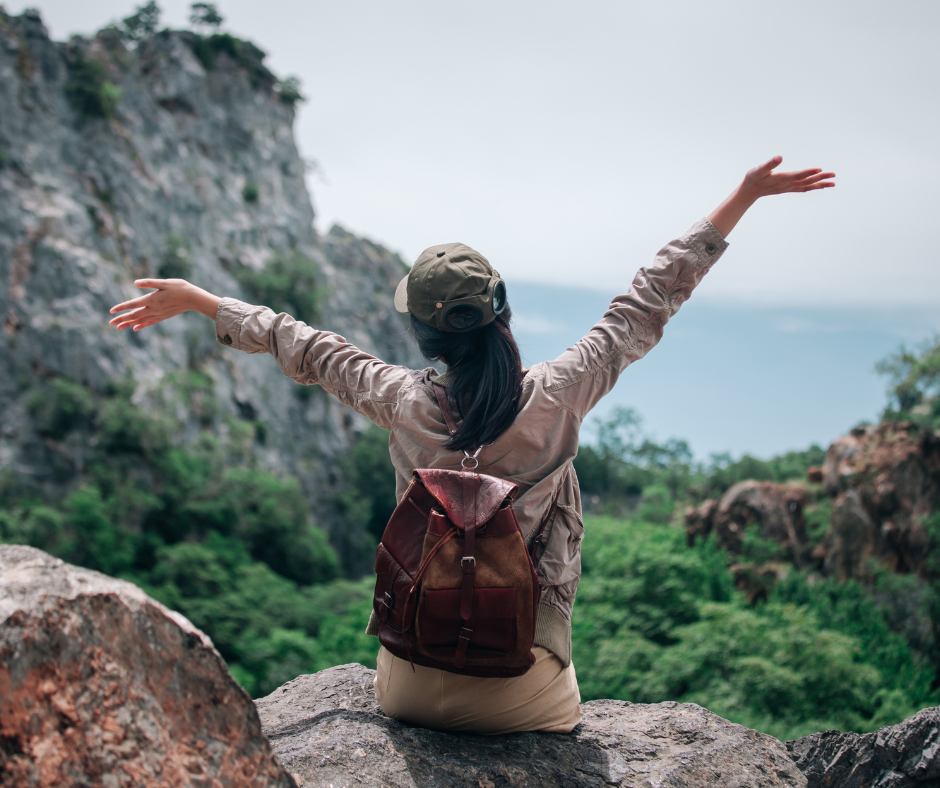

The empowerment derived from solo travel is unmistakable and boundless, offering women a unique avenue for self-discovery, independence, and the forging of global connections. For women contemplating solo travel, this journey promises not just a physical voyage but an exploration of personal boundaries and capabilities. The experience of traveling alone is profoundly rewarding, offering invaluable lessons that extend far beyond the trip itself and resonate in every aspect of personal and professional life. We hope that this article encourages women to seize the opportunity to embark on their own solo travel adventures. We wish you all a journey filled with growth, empowerment, and unforgettable experiences.








